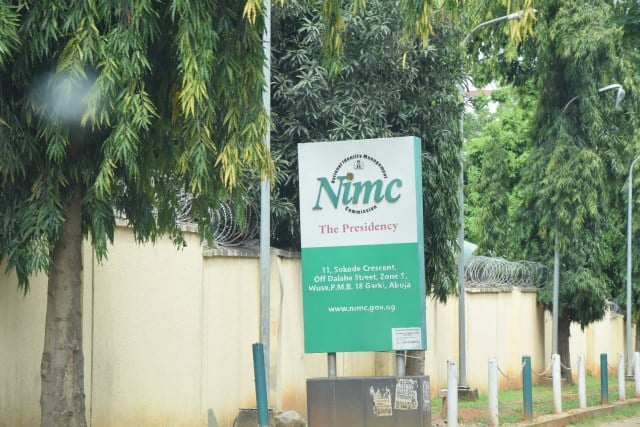African Nation Restricts Foreign Currency Use

The Bank of Tanzania has mandated that all local transactions and payments must be conducted in Tanzanian Shillings, effectively banning the use of foreign currencies such as the US dollar. This regulation, published in the Government Gazette on March 28, 2025, aims to halt the depreciation of the Tanzanian shilling.
According to a public notice by the central bank, all goods and services within Tanzania must now be priced and paid for in Tanzanian Shillings. The notice states that quoting, advertising, or indicating prices in foreign currency, compelling or accepting payment in foreign currency, or refusing payment made in Tanzanian Shillings is now an offense.
Governor Emmanuel M. Tutuba clarified that while some transactions involving foreign currency are still permitted under the new rules, contracts already executed in foreign currency will be subject to a time limit. Furthermore, entering into or renewing agreements requiring foreign currency payments is now prohibited.
Foreigners, including tourists, are required to exchange their foreign currency at commercial banks or licensed Bureau de Change outlets within Tanzania. They may continue to use bank cards and other digital payment methods. The Bank of Tanzania has urged the public to report any violations of these regulations to the Bank of Tanzania, the Financial Intelligence Unit, or the Police Force.
This shift follows growing concerns about dollarization in local markets and seeks to curb the informal use of foreign currencies, which has reportedly been affecting monetary policy implementation.
In related news, the Nigerian currency, the naira, experienced a slight rebound against the dollar after a challenging start in May 2025. The naira faced volatility due to plunging crude oil prices and President Donald Trump’s global tariffs. Experts have predicted a difficult month for the naira as OPEC+ members increase output. The apex bank has published its finances to boost investor confidence and enhance transparency in its affairs and foreign exchange management.









